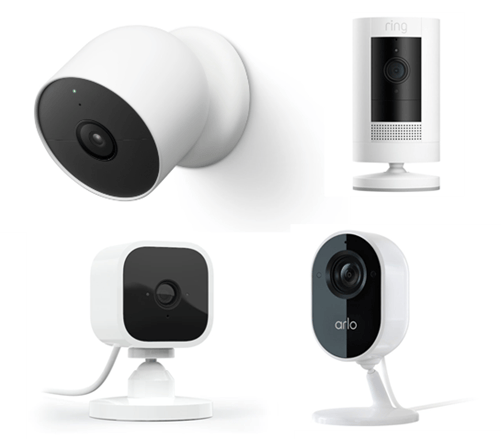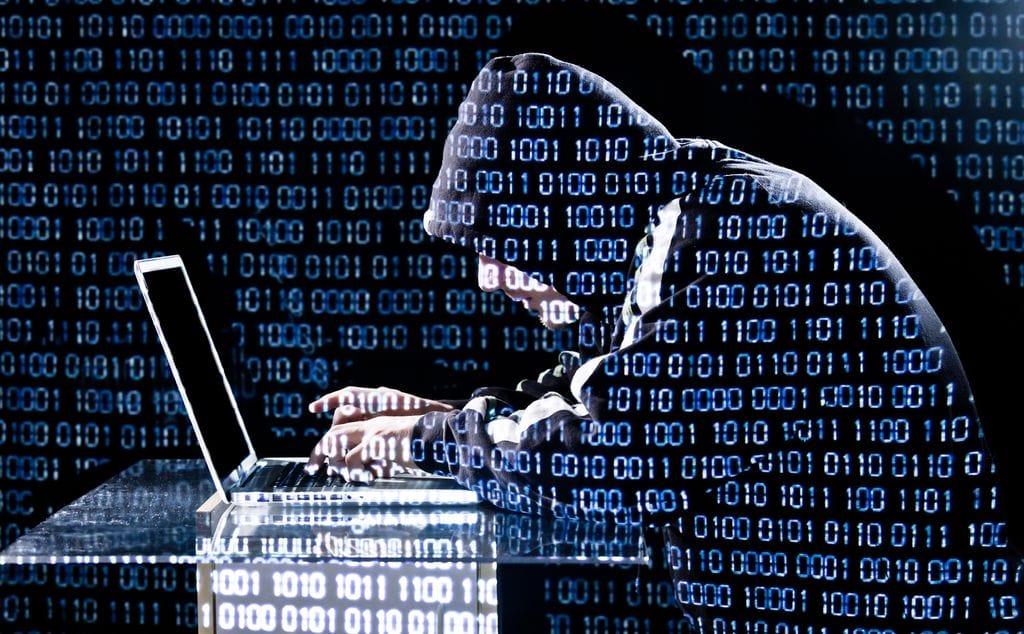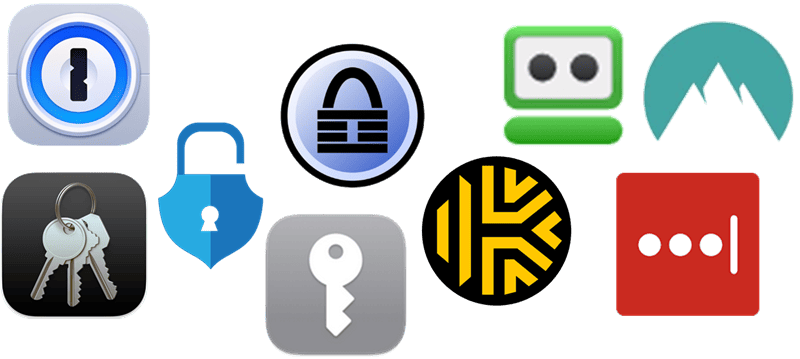Webcam/IP Camera Caution

Webcam/IP Camera Caution: a reader asks…
I recently read an article about the (lack of) security for webcams. Is there a way to make using webcams safe? I have a vacation property and want to be able to check it remotely, but am worried about someone else gaining access to my webcams.
I think you’re talking about IP Cameras, which don’t need to be connected to a computer (like standard webcams). Generally, these either plug into an electrical outlet or run off batteries (some outdoor ones can connect to a small solar panel), and connect to your Wifi network to be visible to you wherever you are. They are a great way to keep an eye on your property, either a vacation home or your own home while you’re away on vacation. There are many brands and models of these type of cameras, most made in China. They each have a small computer inside that for the most part simply acts as a web server with the ability to send video (optionally audio and optionally two-way audio) to the internet. The receiving point can be a public IP address or a closed service, both of which require you to log in with username and password in order to see the video.

It is true that there’s no such thing as a 100% secure IP camera, although the security concern posed by the various alarmist articles is probably overblown for most of us. First off, there are millions of these cameras in use around the world, and unless your webcam is guarding something like the Crown Jewels, there’s not going to be much interest in your camera feed for anyone. Hacking into a recent model of IP Camera is not a trivial affair, so even potential robbers would not have an easy time gaining access to your camera feed.
Of course, this is all predicated on you practicing good password hygiene. If your IP camera access credentials consist of an easy-to-guess username (like your email address or your name) and a simple password (perhaps one you use elsewhere), then you’ve simply made yourself a target.

Your IP camera should have a username other than the brand and model default (like “admin”), and a long password that’s not easy to guess. See my article Use Good Passwords! for tips on using a password manager and how to create a good and unique password. And if you use an IP Camera tied to your Google, Apple or Amazon account, be sure to have 2-factor authentication enabled to prevent any unauthorized access to your account.
While I’m all for placing security cameras outside your property, here are a few tips for if you use cameras indoors:

- Don’t put IP cameras in any sensitive areas of your home, e.g., the bedrooms and bathrooms.
- If the camera has motion-sensing activation, use it to reduce the amount of video footage you might have to review. For that matter, many camera services charge a monthly/annual fee for keeping a history of recorded video – that might be a worthwhile expense if you aren’t looking at the camera app/website anytime you get notified.
- Unplug the camera(s) when you don’t actually need it/them. For example, when you’re at home, your home cameras should remain unplugged. Only plug them in when you’re not going to be at home for a day or more. When you’re at your vacation home, unplug the cameras and plug them back in when you leave.
It is true that even the brands that sell these cameras may not be fully aware of what hidden capabilities might have been built into those IP cameras by the foreign manufacturers. Many hardware and software developers put in a “back door” to their devices and apps so that they can get in and tinker if they need to. It can be all too easy for someone else to discover this back door and exploit it – this is partly why everything needs to be kept up-to-date (firmware, updates, etc.). Ignore keeping everything up-to-date and you drastically increase your risk of being hacked.
I believe that IP cameras represent a potential reduction in your physical security, but for the most part it depends on you – use good judgement in how you use your technology and how you secure it. Then, the benefits of using such technology can make the small risk worth taking.
And lastly, if you are talking about a webcam that’s attached to a computer, the same security recommendations apply, also to your computer, your user account, and your online access credentials.
This website runs on a patronage model. If you find my answers of value, please consider supporting me by sending any dollar amount via:
or by mailing a check/cash to PosiTek.net LLC 1934 Old Gallows Road, Suite 350, Tysons Corner VA 22182. I am not a non-profit, but your support helps me to continue delivering advice and consumer technology support to the public. Thanks!







